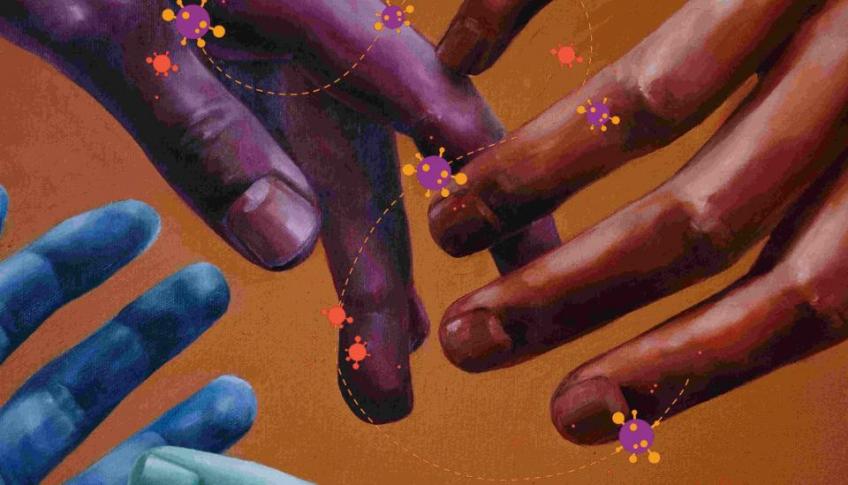
As businesses and industries began to close down just a short two months ago in the U.S.A., disenfranchised groups found themselves in a scramble. For essential workers and working-class service workers, the option to work from home is not an option, and the fear of contracting COVID-19 doesn’t outweigh fears of not making rent and the bills on time. Those same marginalized people still on the frontlines—as grocery store workers, fast food attendees and healthcare workers alike—are susceptible to being closely watched and surveilled within the workplace, while their cis, straight, and/or white counterparts are deemed to be more trustworthy and willing to work hard. I’ve seen marginalized people get fired or reprimanded for less, or equal wrongs as their cis, white, male counterparts.
These workplace politics were already difficult enough before COVID-19 hit, but now these vulnerable communities are applying for unemployment at higher rates, putting them even more at risk than before. Not only do women and members of the LGBTQIA+ community find themselves as the majority of those working in what the HRC calls “highly affected industries,” but these groups also are applying for unemployment at historic rates with women applications ranging from 50-60% in various states, and although the statistics for LGBTQIA+ people are not able to be fully accounted for, they still make up about 40% of the affected industries.
As unemployment increases, employers are panicking and leaving their workers out to dry, and it shows. The Intercept reported that in Ohio a form was released on the Ohio Department of Job and Family Services website “for employers to confidentially report employees ‘who quit or refuse work when it is available due to COVID-19.’” Within the week of the 13th of May, it was reported that a pair of hackers had created a script that flooded this site, now putting the state of Ohio in the position of having to take down the site and reconsider the treatment of working-class people. But who would be more likely to be reported? In surveys conducted by Catalyst, it was reported that “one-fifth (20%) of LGBTQ Americans have experienced discrimination based on sexual orientation or gender identity when applying for jobs” and this number could be even higher, considering that about 46% of workers remain closeted in their workplaces. This easily can be translated into online surveillance of employees.
Since COVID-19 hit, this surveillance has been exacerbated, and marginalized people are put into positions that challenge both their employment and safety.
Continue reading on GenderIT.org.